Mockup of the current RQI cart
Elevating In-Hospital Healthcare Training
In my thesis, I am collaborating with Laerdal Medical to enhance their Resuscitation Quality Improvement program and elevate the experience, engagement, and effectiveness of in-hospital CPR training. Through brief and regular practice, healthcare workers can improve skill retention and, in turn, increase patient survival rates. My vision is to create a healthcare landscape where mastering CPR skills is not just a requirement but a seamless, engaging experience. To achieve this, I am focusing on developing a solution that prioritizes accessibility, mobility, and intuitive interactions, enabling users to concentrate on the critical aspects of skill practice.
Project Information
Infrequent CPR practice among healthcare providers leads to skill degradation, reducing patient survival rates. Research emphasises the need for regular practice to maintain high-quality compression and ventilation skills. Brief and frequent training, known as low-dose/high-frequency training, is crucial for preventing skill degradation. Based on this principle, the American Heart Association and Laerdal created the Resuscitation Quality Improvement (RQI) Program, which enhances CPR skills through regular, brief training sessions. While the RQI Program has been largely successful, there is significant potential for further development of the supporting hardware. My thesis aims to envision a physical solution that enhances the in-hospital CPR training experience by making it more accessible and engaging for learners.
Methods
I began the project by analysing existing products and their usage contexts. My research revealed a need to enhance accessibility to reduce barriers for users engaging in CPR training. Additionally, to make the training sessions more effective, it is essential to bridge the gaps between training and actual clinical scenarios. Live feedback during CPR training significantly influences its effectiveness. To address these needs, I developed full-scale experience prototypes to test and validate interactions with experts. Using the Wizard of Oz prototyping technique, I simulated various methods of providing feedback to users, making the process more realistic and less speculative.
Result
My solution, the Resusci Cart, is a mobile simulation station designed to make CPR training more engaging by projecting feedback directly onto the manikins. It retains the highly valued mobility of its predecessor, allowing it to be easily moved within the hospital for private practice sessions. The compact form and reduced footprint facilitate its use in various settings without occupying excessive space. The feedback interfaces are ergonomically positioned to enable users to practice and retain their skills effectively. By displaying feedback on the manikin, the user's focus remains on the patient, simulating the vital sign checks required in a clinical situation.
In collaboration with:

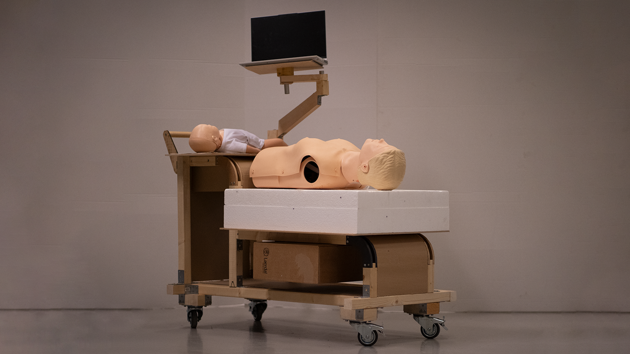
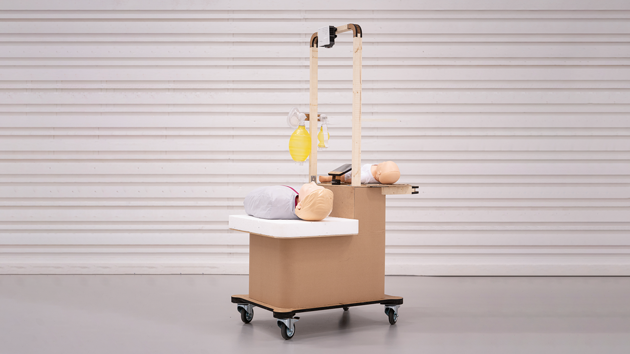
Experience prototype of the concept
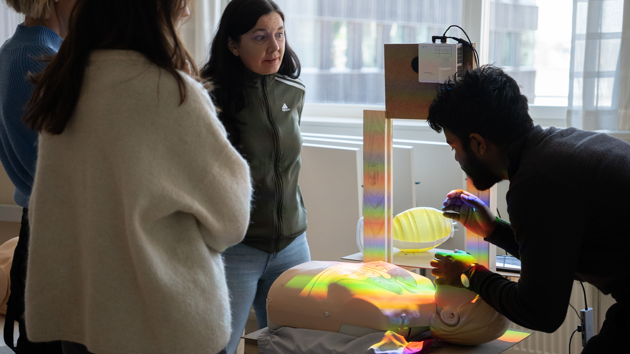
Concept Validation
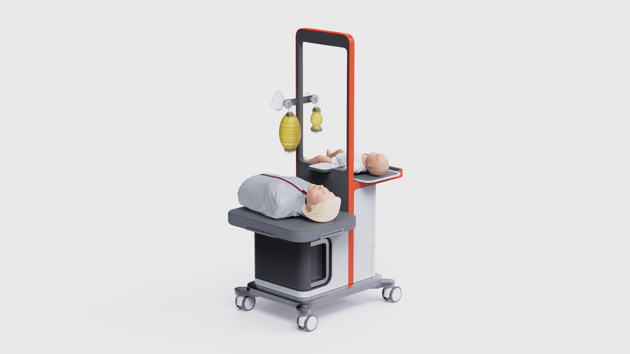
Resusci Cart
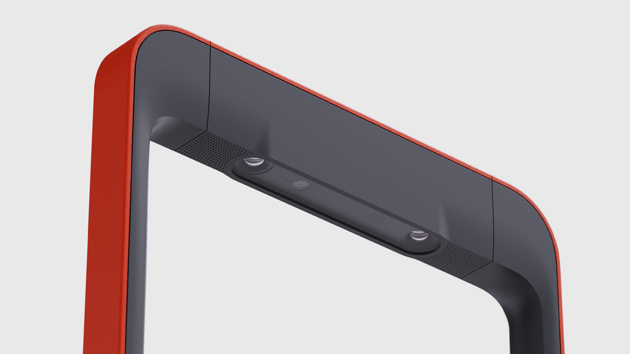
Projector module
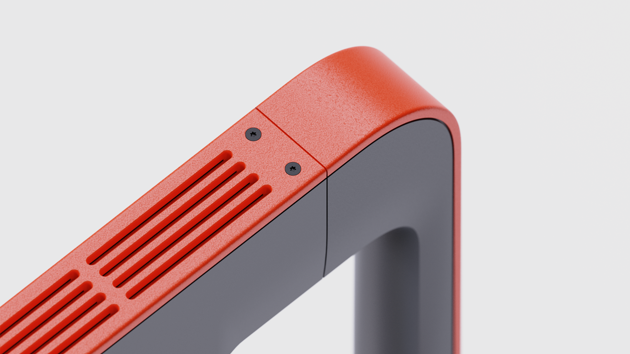
Vents for the projector module

Projection surface
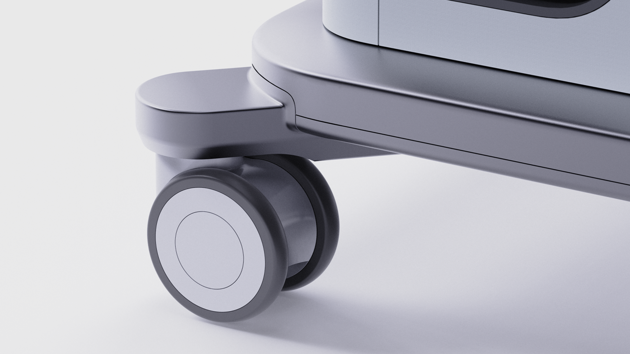
Sturdy base to withstand CPR










